Tips for dressing for an interview
When it comes to choosing an appropriate outfit for an interview, it's important to project a professional and polished image. Here is some advice on what to wear:
Research the Company's Dress Code: Research the company's culture and dress code beforehand. Look for clues on their website, social media, or by observing employees' attire in photos. This will help you align your outfit with their expectations.
Dress One Step Above: In most cases, it's better to be slightly overdressed than underdressed. Opt for professional attire that demonstrates your seriousness and respect for the opportunity. It shows that you took the time and effort to present yourself professionally.
Formal Business Attire: For a traditional corporate environment or formal industries, such as finance or law, a suit in a conservative colour (such as navy, black, or charcoal) is a safe choice. Pair it with a coordinating button-down shirt or blouse and polished dress shoes.
Smart Business Casual: In more casual or creative industries, you may have more flexibility. A smart business casual look could include tailored pants or a skirt with a blouse or a well-fitted blazer. Choose clothing items that are professional, clean, and well put-together.
Pay Attention to Grooming: Ensure your grooming is on point. Your hair should be neatly styled, nails should be clean, and facial hair should be groomed. Avoid excessive makeup or strong fragrances, as they can be distracting.
Keep Accessories Simple: Keep accessories minimal and tasteful. A simple watch, conservative jewellery, and a professional-looking bag or briefcase can add a touch of elegance. Avoid flashy or distracting accessories that could divert attention from your qualifications.
Pay Attention to Fit and Comfort: Your attire should fit well and be comfortable to wear. Avoid clothing that is too tight, too loose, or restricts your movement. This will help you feel confident and at ease during the interview.
Check for Wrinkles and Cleanliness: Make sure your clothes are clean, ironed, and free from any visible wrinkles or stains. A neat appearance reflects attention to detail and professionalism.
Consider the Colours: Opt for neutral or conservative colours for your interview outfit. Colours like black, navy, grey, and white are safe choices that convey professionalism. Avoid bright or distracting colours that may divert attention.
Dress for the Role: If you're interviewing for a position that requires a specific uniform or attire, consider wearing an outfit that reflects that dress code. This shows your ability to fit into the company's environment and adapt to their standards.
Remember, it's always better to be slightly more formal and conservative for an interview. Dressing professionally demonstrates respect for the opportunity and helps create a positive first impression.




